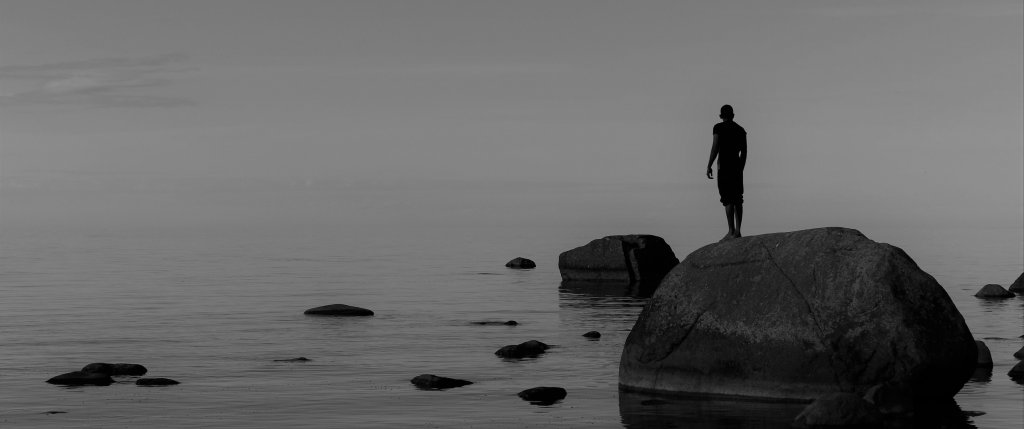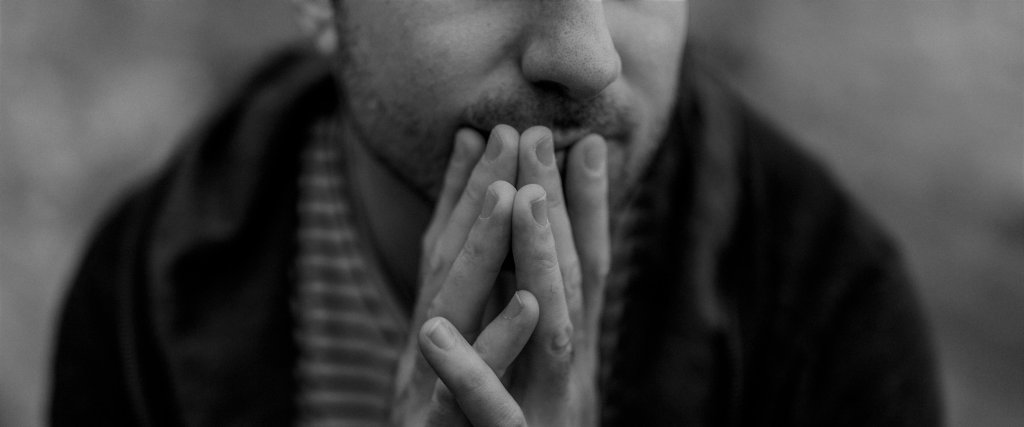
Why do we get anxious and fearful?
The anxiety /fear response is the brain’s way of trying to keep us safe and healthy. Anxiety serves as a faithful reminder of things which the brain assesses need to be avoided, based on past experience. Most of this experience is past or learned experience. This is important in understanding the role of anxiety and fear states.
Firstly anxiety and fear are natural emotions which are built into our biochemistry in order to ensure survival. The fright flight fight response takes place in the lower ‘old brain’ and is vital to promote survival. This is the area of the brain which we probably all have had some experience of in recent days and weeks with the Corona virus pandemic. This response is what we are seeing with a frightened population stockpiling food and resources and even fighting over supplies.
Secondly alongside the biochemical response of the old brain, we each have individual mental and emotional responses which are very variable
Understanding that the brain is a pattern seeking machine is really helpful here in understanding these variable responses. The brain simply reproduces a response based on past similar experience.
In order to treat anxiety we need to look at these patterns.
Different schools of therapy have different approaches.
Behavioural therapy looks at how thinking influences feelings and how to interrupt that pattern.
Psychodynamic therapy seeks to understand and connect past experience (which may be outside of our awareness) with the current response. A therapist can help the client to decontaminate, to understand, and process those experiences which may be outside of our awareness.
Creative psychotherapies such as Dramatherapy, Art Therapy and Music Therapy specialise in helping the client to access, process and release, out of awareness experience in very safe non directive ways. These therapies are especially indicated where there is trauma, neglect and attachment issues which are causing or contributing to anxiety and fear states.
Mindfulness therapy is very beneficial for anxiety, fear states and panic attacks. It works by showing the client how to learn to place awareness in the body, the feelings, sensations- to notice the thinking and then to return to body awareness. It becomes possible to observe thoughts passing as if watching a video, and then to return to the calm still space within the body.
Over time in mindfulness therapy, a new awareness begins to develop which interrupts the fear response. The mind develops an ability to dis -identify with the thinking, the feelings and the sensations which create and support the anxiety fear response. The ability to return to the still quiet space within is a skill that can be developed with practice both within and outside of sessions.
Brighton and Hove Psychotherapy is a collective of experienced psychotherapists, psychologists and counsellors working with a range of client groups, including fellow therapists and health professionals. If you would like more information, or an informal discussion please get in touch with us. Online therapy is available.
